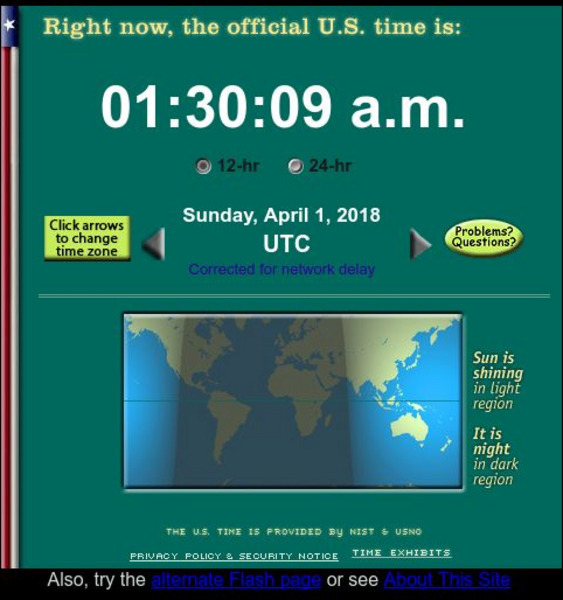Hi, what do you want to do?
Curated OER
What Would You Do? A Discussion About the Ethics of War
Students examine the process of ethical decision-making during wartime. They read three case studies from World War II, and in small groups discuss, debate, and present their findings to the class.
Curated OER
Using Active Learning to Reinforce Mathematics
Students predict, then measure how far a bug can travel on a "course" over a specified amount of time, then construct graphs based on the data they acquire.
Curated OER
The Magic School Bus Gets Swamped
Pupils participate in an experiment that shows them how wetlands filter dirty water. They work in groups to accomplish this experiement with the help of supervisors. A bulletin board can be created to show the plants and animals that...
Curated OER
Roll With the Punches: What Do You Know?
Learners activate prior knowledge about life in the South during the Great Depression in preparation for reading the novel, Roll of Thunder, Hear My Cry.
Curated OER
Free Standing Structures
Students investigate how to create a free standing structure. In this mathematics lesson, small groups of students demonstate how to build the tallest structure while spending the least amount of money on materials.
Curated OER
IT - Lesson Plan
Tenth graders should appreciate the importance of Information Technology in our daily life.
Curated OER
Adjective Art
In this grammar learning exercise, students cut out pictures write sentences containing as many adjectives as they can to describe the pictures.
Curated OER
Pronoun Grid
In this grammar worksheet, students fill in the blanks to make complete sentences with multiple pronouns missing. Six sentences are given with multiple blanks in each.
Curated OER
Free Standing Structure
Young scholars demonstrate basic construction skills by building a free standing structure, using predetermined materials. They compute cost of structure by using multiplication skills or calculator.
Curated OER
Citizens' Power : Deliberative Assemblies
Students study the rule that govern the operations of deliberative assemblies. They explore how they can become respectful citizens who explain Parliamentary government.
National Institute of Standards and Technology (NIST)
Nist Physics Laboratory: A Walk Through Time
An illustrated history of timekeeping from ancient times to the present. Includes information on ancient calendars, early clocks, a revolution in timekeeping, world time scales and time zones, and the NIST standards.
Science Buddies
Science Buddies: A Matter of Time
Do you wake up at the crack of dawn, or do you need an alarm clock to wake you up each morning? It may surprise you that the two are not always in synch. Nowadays, we use Standard Time to set our watches instead of Solar Time. Which...
Other
The Official U. S. Time
Get the official U.S. time from the official U.S. timekeepers, the National Institute of Standards and Technology (NIST), and its military counterpart, the U.S. Naval Observatory. Java needs to be enabled to see the timeclocks. There are...
TryEngineering
Try Engineering: Pendulum Time
Working in teams, students build their own pendulum clock using everyday materials. They conduct research, design, build, test it, and share observations with the class, while learning how pendulums operate and have been used to measure...
Khan Academy
Khan Academy: Timekeeping
Why do we need calendars and clocks? To survive in this complex society, you need to track what others are doing and when they're doing it. You also need to know what's happening in the natural world. This article discusses how/why...
TED Talks
Ted: Ted Ed: How Does Your Body Know What Time It Is?
Being able to sense time helps us do everything from waking and sleeping to knowing precisely when to catch a ball that's hurtling towards us. And we owe all these abilities to an interconnected system of timekeepers in our brains. But...
TED Talks
Ted: Ted Ed: How Plants Tell Time
Morning glories unfurl their petals like clockwork in the early morning. A closing white waterlily signals that it's late afternoon. And moon flowers, as their name suggests, only bloom under the night sky. What gives plants this innate...
Other
Timekeepers.org: Calendar History
Scroll down this page to see the various topics addressed on this website. Learn a "brief history of the Western Calendar" as well as information about the ancient calendars of the world, including the Sumerian, Egyptian, and Greek...
Famous Scientists
Famous Scientists: Christiaan Huygens
Learn about prominent Dutch mathematician and scientist, Christiaan Huygens, whose work included early telescopic studies of the rings of Saturn and the discovery of its moon Titan, the invention of the pendulum clock, and other...
Institute for Dynamic Educational Advancement
Our Year
The concept of a year in time and the various kinds of year used in human timekeeping are discussed.






















